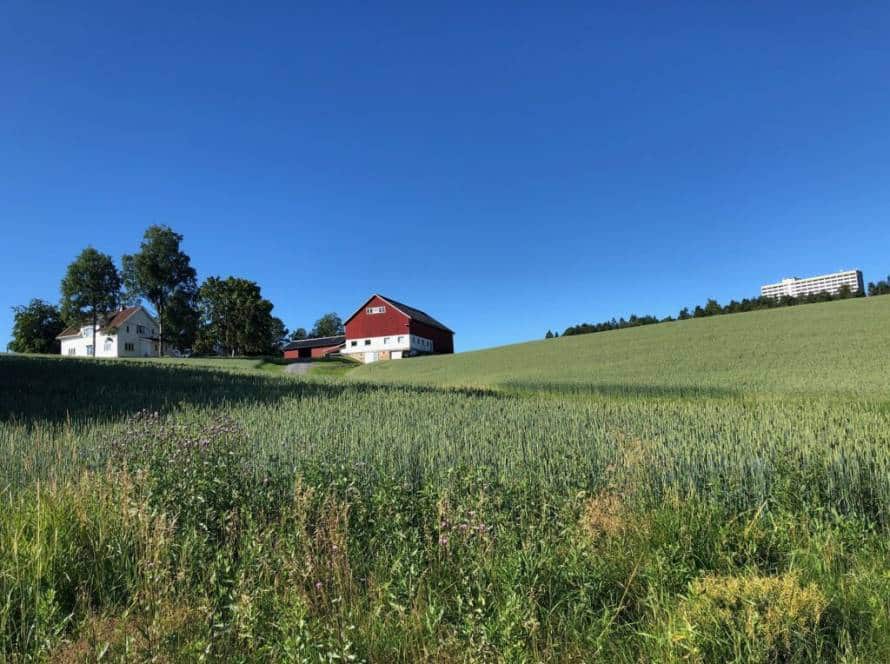Now this is an interesting subject. We all like financial benefits, I am sure.
Consider: If our worms can effectively convert vast quantities of animal manures, feed wastes and even associated wastewaters into safe, rich soils, making them eminently more saleable then, feedlots and piggeries would need less time, effort, fuels, man-hours, stockpiles, cesspools, land, equipment and real dollars, simply ‘handling’ their wastes to meet environmental & government requirements. Would that be a saving?
Even local pony clubs, equine centres, stables, racetracks, circuses, animal attractions and zoos now have a more environmentally sustainable and cheaper option for handling their manure stockpiles.
Abattoir paunch and wastewater likewise can safely be made non-stinky and used to rebuild earth rather than having to find ways to be rid of it. Within an hour, on a suitably well managed worm bed, paunch has no noticeable odour yet as it is being delivered you can often smell the truck coming.
Paper pulp from recycled single sheet cardboard, after about seven uses, the fibres become too short and are discarded as waste. This too can be as stinky as a sewerage treatment farm, up close. I once had a very distraught pulp recycler in the Brisbane region who was literally crying when he asked if our worms could recycle his waste. His operation was beside a Shire Sewerage Treatment Plant and was blamed for local’s complaints about odours from the area. Thus fines, refits, changes to plant, etc, etc were required. How relieved was he when we showed how well the worms handled it – without any more smell? He was happy to truck it to us for free from the north of Brisbane to the Gold Coast – it was still much CHEAPER.
Ordinary cardboard – including the food contaminated pizza boxes, etc., that other recyclers won’t handle – all are ‘chow’ for well managed worms. Otherwise, it is rounded up and transported to landfills for burial – much more expense and an unnecessary waste.
Newspapers, hessian bags, cotton wastes, winery wastes, cannery and food processor’s food wastes, supermarkets, fruit markets, food distributing charities and more all throw out ‘out-of-date’ or over ripe food wastes (at times by multiple tonnes) like vegetables, fruits, processed food packs, breads, grains, nuts, etc., and pay for their removal and transport to landfills. Our worms make short work of these asset/wastes that would otherwise attract some of the highest pickup and landfill fees.
We have previously been approached by feedlot operators enquiring if their spoiled silage – hundreds of tonnes – could be food for our worms rather than having to freight and landfill it at a substantial cost. Yes, we can do that too.
Mowing services that pay landfill fees for their grass clippings can more cheaply drop them off to us for the worms to snack on.
We do not want to ‘cut the grass’ of any pickup specialists who may be contracted for garbage collection. If they desire a value-add method of recycling the organic fraction of their wastes, rather than landfilling or, as is more often the case these days, composting themselves or via contractors, we could handle their ‘paid to collect and sort’ suitable organic wastes cheaper and for a superior outcome.
Worms can’t eat lignin as found in timber and tree cuttings. These are best composted or turned to charcoal as appropriate. Our worms can however, handle leaves very well.
If human faeces are collected without chemicals, heavy metals and the like, they are as worthwhile and easily handled, by our compost-manure worms, as the best pig manure.
As a youth, living in the Western suburbs of Sydney, the local Shire had ‘humming bucket’ pickups each week. The old, outside ‘loo’ or ‘dunny’ (toilet) had a large removable drum under the wooden seat frame. Each week a burley worker would come, early in the morning, and slide out the full drum and refit with a new, clean drum. He would have on a leather cape and hat that was designed to pad his shoulder upon which the full drums were carried and to catch ‘splashes’ as he ran the sloppy solids to the street. If he stumbled, he might have to scrape up some of the spillage by hand, then continue his run. There, parked out front was the now famous ’24 door saloon’ that carried off your Poop. Each truck had 12 or more doors on each side opening to shelves for all the ‘deposits’ to be slid in and hidden from sight. The stink was easily detected just the same. In this form, fresh from the depositors, it is easily and safely restored as new premium topsoil via our worms.
Humans eat similar foods to pigs, and our organs are of similar size. Our ‘manure’ should be excellent for recycling. However, the current sewerage systems that collect it, are, as previously stated, heavily polluted and seldom monitored sufficiently to expose deliberate polluters. Monitoring is expensive so many Shires may only check once or twice in a year – hardly enough to discover polluters but probably almost enough if they only landfill or deposit it in mines, etc. What a massive waste of an excellent topsoil component.
Perhaps the powers that be might someday consider a vacuum system, similar to what is used in many hospitals, gaols, ships and planes. Such a system could collect fresh ‘deposits’ directly from each household, kitchen wastes and all, and bring them to a central handling point. This without massive tunnels, enormous pipes or rainwater flushing, to where our worms can then transform them. Far more clever and real than the fairy tale, Rumpelstiltskin, who was supposed to be able to turn straw into gold. You can’t eat gold, but you certainly can feast on the delicious foods our castings will grow.
Landfills are extremely expensive to establish and difficult to renew. They have a limited ‘lifespan’ but if a high percentage of the organics currently headed that way were redirected to our worms then the landfill could last longer and be easier to operate – there is another significant possible saving.
Sewerage infrastructure worldwide needs considerable funding to start or upgrade. A vacuum system could possibly be installed within existing sewer systems but leave the old infrastructure to also transport cleaner runoff water for possible use. Current systems have constant and increasing costs and make little if any returns EVER. Using worms, the disgusting substance referred to as sewerage cake, could become a truly valued asset.




